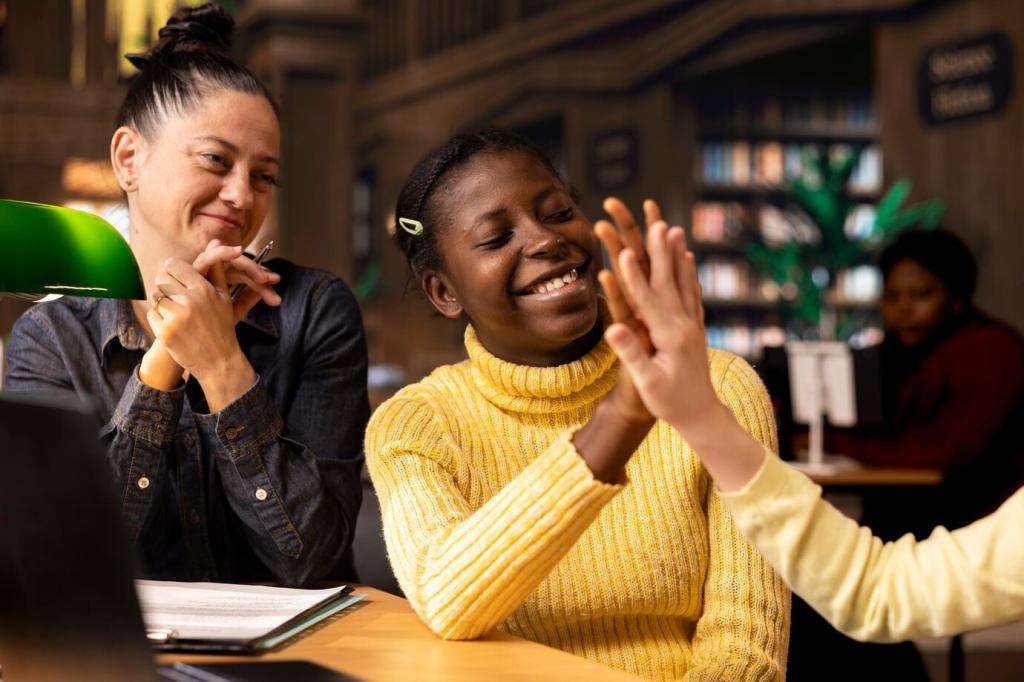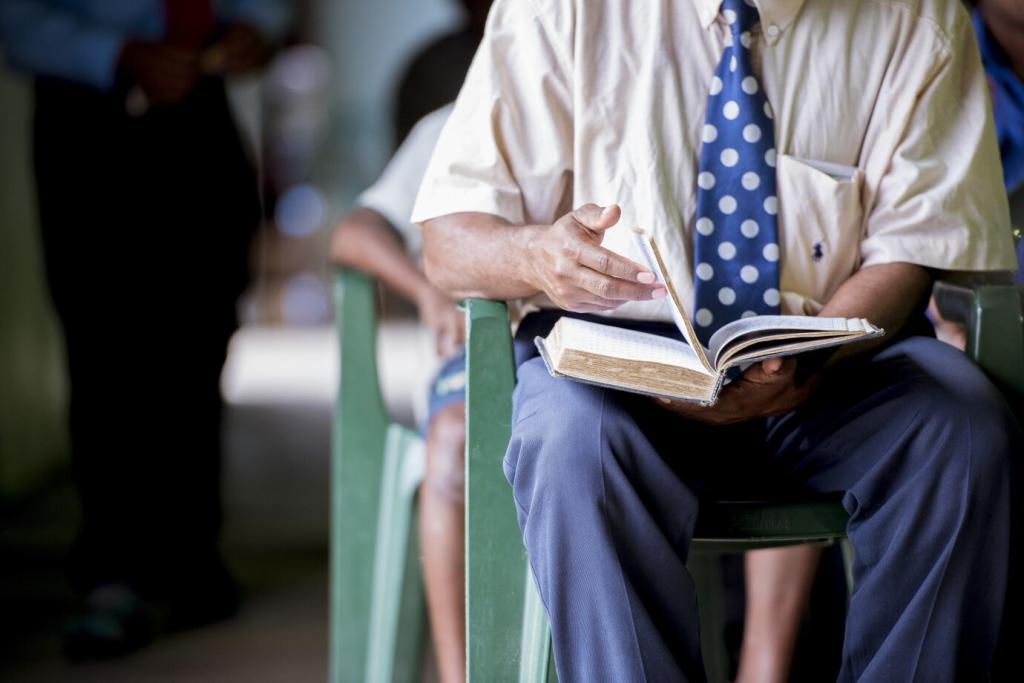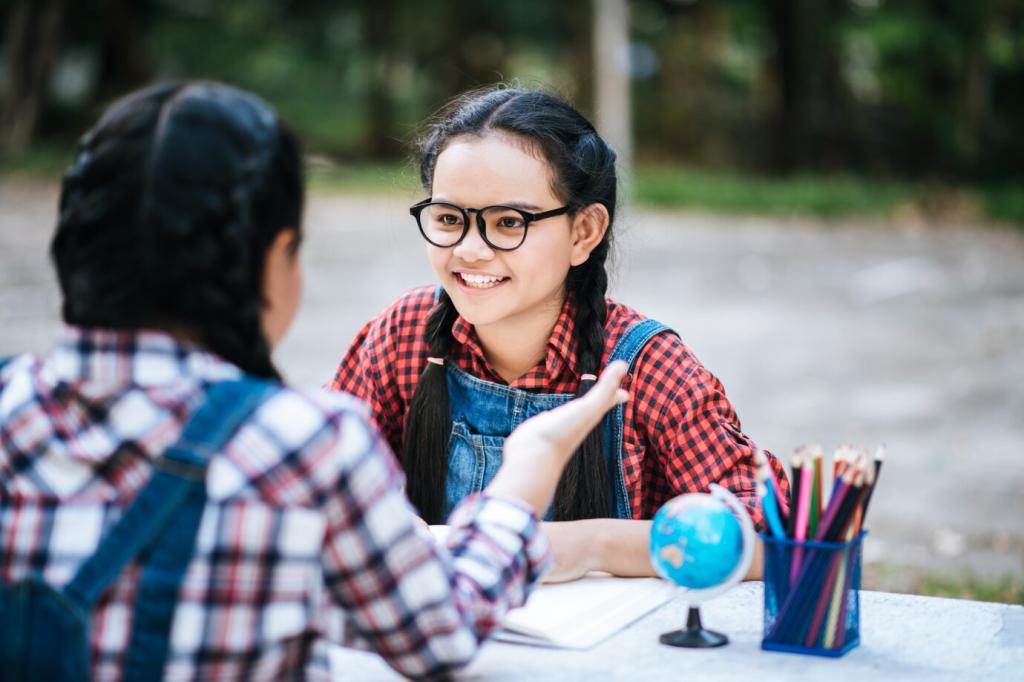Teamwork and Trust: Physical Games That Teach Social Skills
This South Asian tag game teaches controlled breathing, spatial awareness, and teamwork. Establish safety zones, clear roles, and reflection breaks. Debrief trust, communication, and fairness after each round, connecting physical choices to respectful collaboration in class.
Teamwork and Trust: Physical Games That Teach Social Skills
Practice poi patterns to develop timing, bilateral coordination, and attention. Open with cultural context and appropriate acknowledgments. Students learn sequences, teach peers, and design variations—then journal how rhythm and responsibility influence group flow and personal confidence.
Teamwork and Trust: Physical Games That Teach Social Skills
Foot-volleyball traditions from the Philippines and Southeast Asia reward patience and teamwork. Begin with soft, low nets and cooperative rallies. Track streaks, celebrate incremental improvement, and rotate roles so every learner experiences support, challenge, and success.
Teamwork and Trust: Physical Games That Teach Social Skills
Lorem ipsum dolor sit amet, consectetur adipiscing elit. Ut elit tellus, luctus nec ullamcorper mattis, pulvinar dapibus leo.




